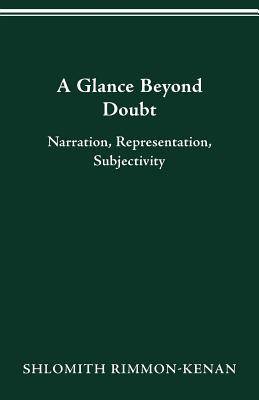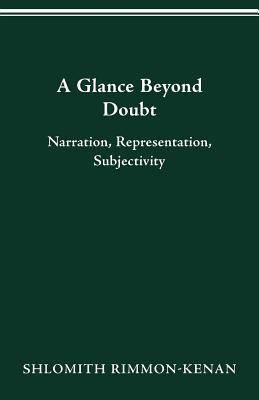
- Retrait gratuit dans votre magasin Club
- 7.000.000 titres dans notre catalogue
- Payer en toute sécurité
- Toujours un magasin près de chez vous
- Retrait gratuit dans votre magasin Club
- 7.000.0000 titres dans notre catalogue
- Payer en toute sécurité
- Toujours un magasin près de chez vous
33,45 €
+ 66 points
Description
Can we talk responsibly about representation and subjectivity in the wake of postructuralism's destabilization of these concepts, and if so, how? Shlomith Rimmon-Kenan answers the first question in the affirmative and answers the second not through an abstract theoretical discussion but by following the lead of twentieth-century narratives that have taken representation and subjectivity as their themes. The result is a move beyond both traditional notions of these concepts and the poststructuralist undoing of them. Focusing on William Faulkner's Absalom, Absalom!, Vladimir Nabokov's The Real Life of Sebastian Knight, Christine Brooke-Rose's Thru, Samuel Beckett's Company, and Toni Morrison's Beloved, Rimmon-Kenan shows how modes of narration participate in the exploration of the problematics of representation and subjectivity. Her insightful analyses of the narrative strategies of these five novels demonstrate her point that narration itself provides a special access to representation and subjectivity. In addition, these analyses offer a compelling example of what it means to claim that we can treat narrative as theory. A Glance beyond Doubt thus provides an important methodological contribution to narrative studies while offering fresh and sophisticated readings of important modernist and postmodernist novels. Rimmon-Kenan's work is valuable for students of narrative and of twentieth-century literature, and it has important implications for other disciplines now studying narrative, especially philosophy, historiography, psychoanalysis, and jurisprudence. Shlomith Rimmon-Kenan is professor of English and comparative literature at the Hebrew University of Jerusalem. She is the author of The Concept of Ambiguity: The Example of James and Narrative Fiction: Contemporary Poetics and the editor of Discourse in Psychoanalysis and Literature.
Spécifications
Parties prenantes
- Auteur(s) :
- Editeur:
Contenu
- Nombre de pages :
- 174
- Langue:
- Anglais
- Collection :
Caractéristiques
- EAN:
- 9780814207079
- Date de parution :
- 23-11-15
- Format:
- Livre broché
- Format numérique:
- Trade paperback (VS)
- Dimensions :
- 140 mm x 216 mm
- Poids :
- 226 g

Les avis
Nous publions uniquement les avis qui respectent les conditions requises. Consultez nos conditions pour les avis.






